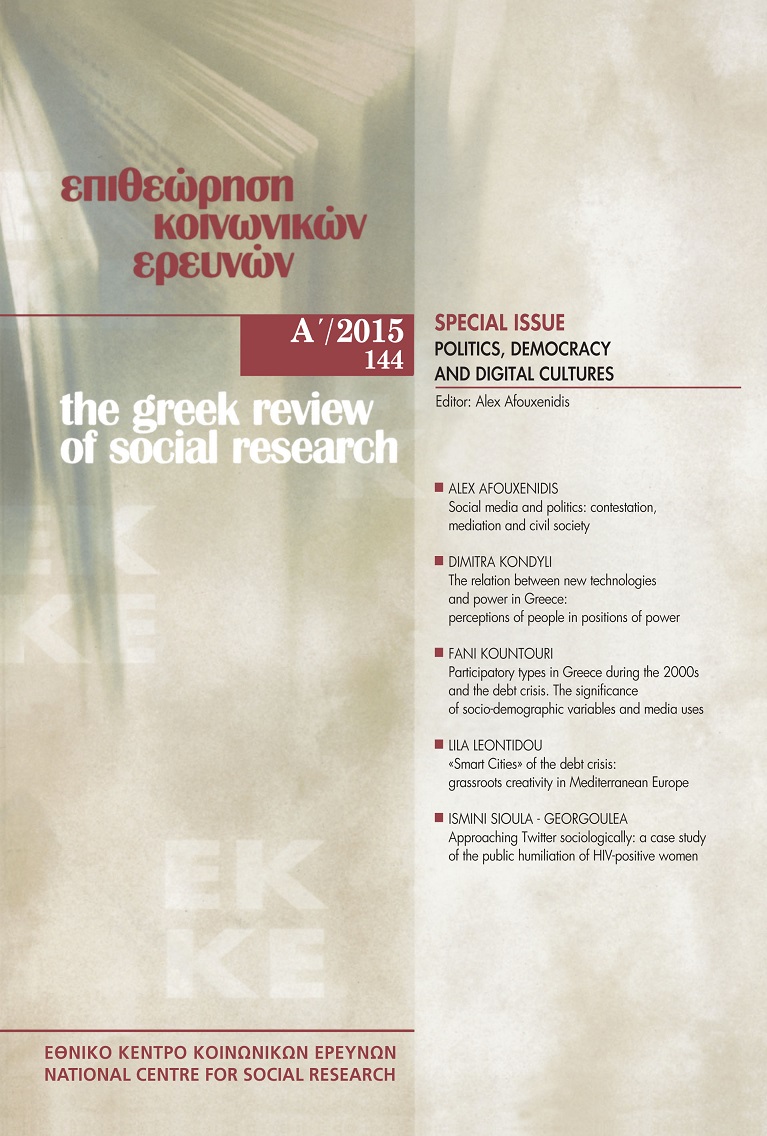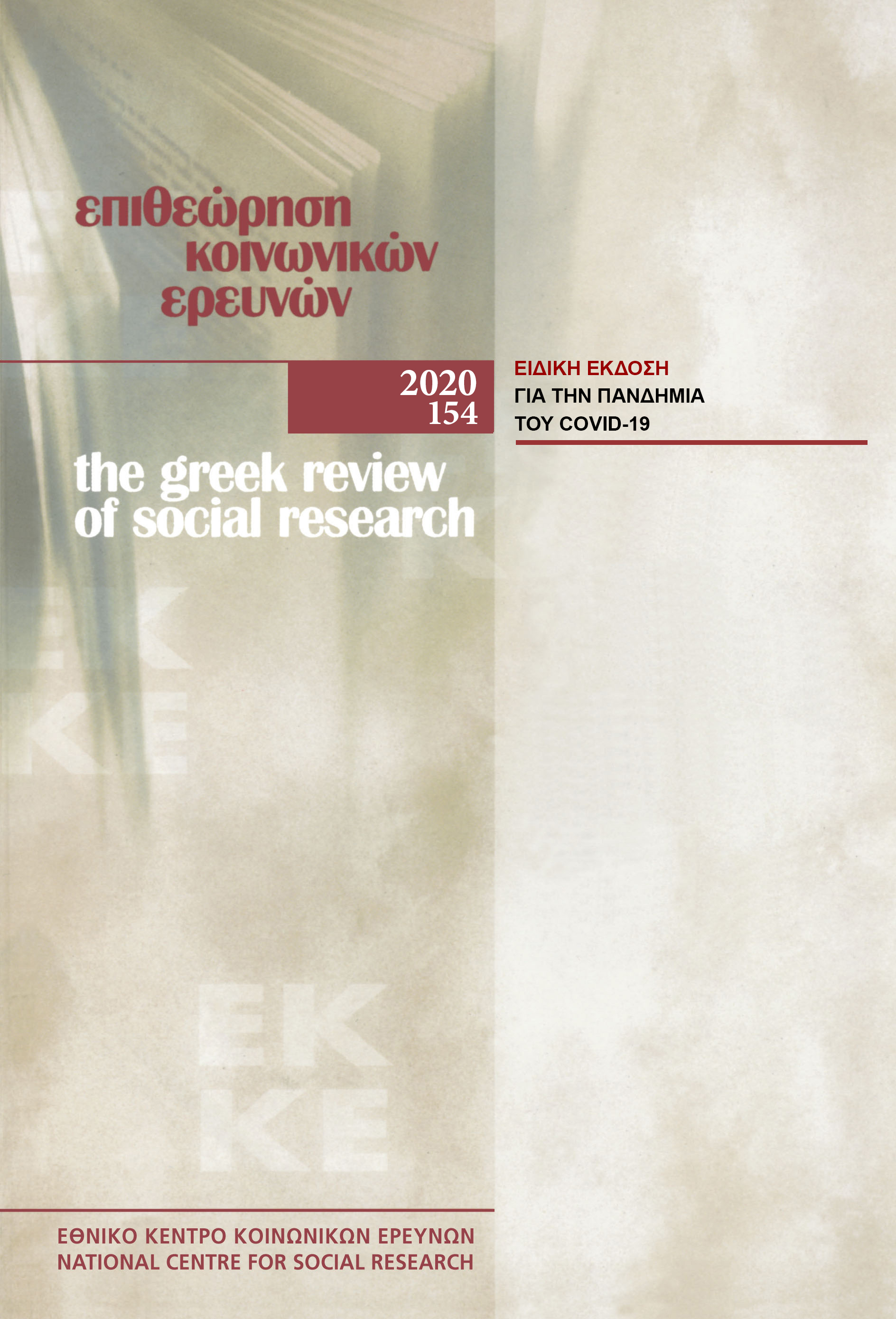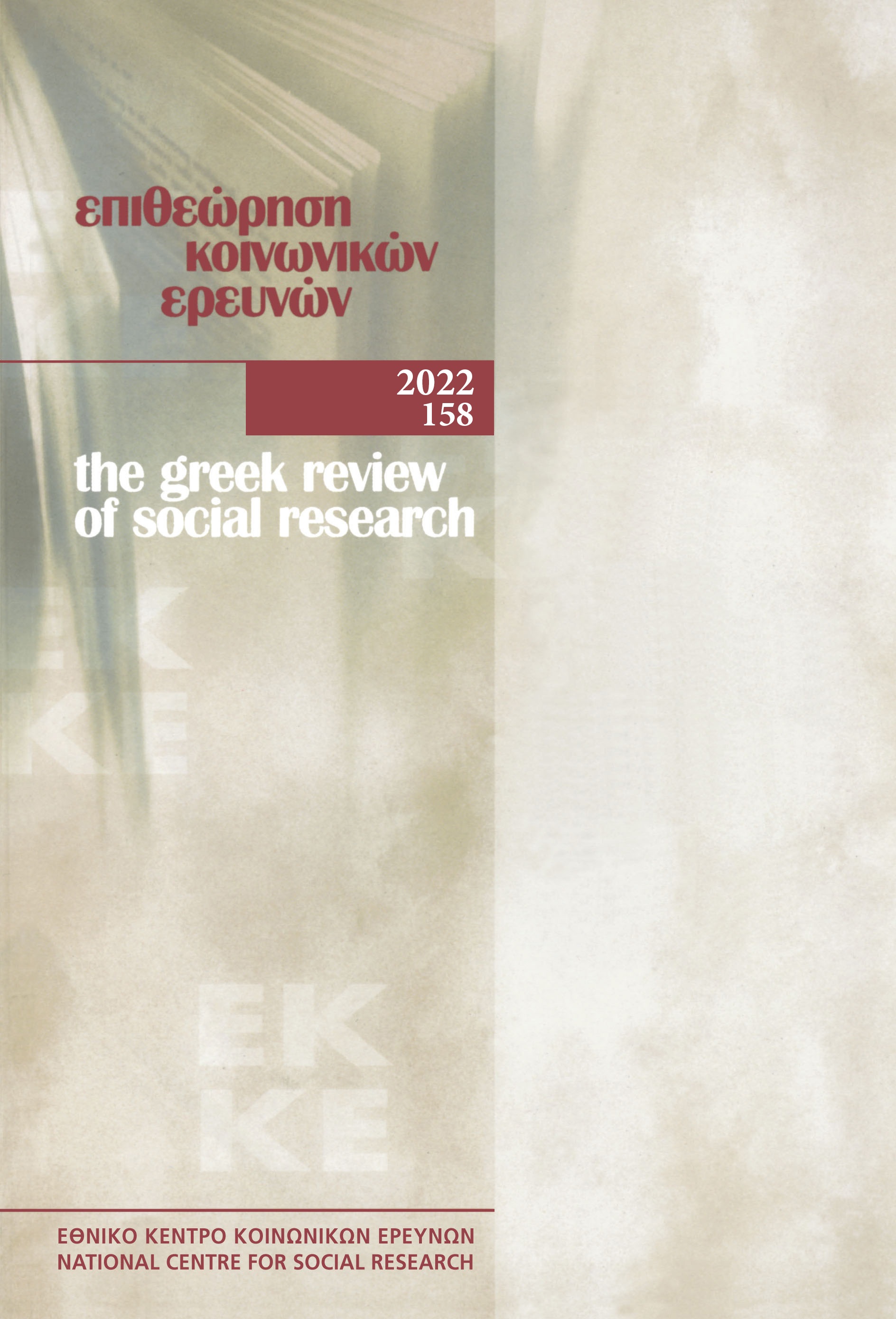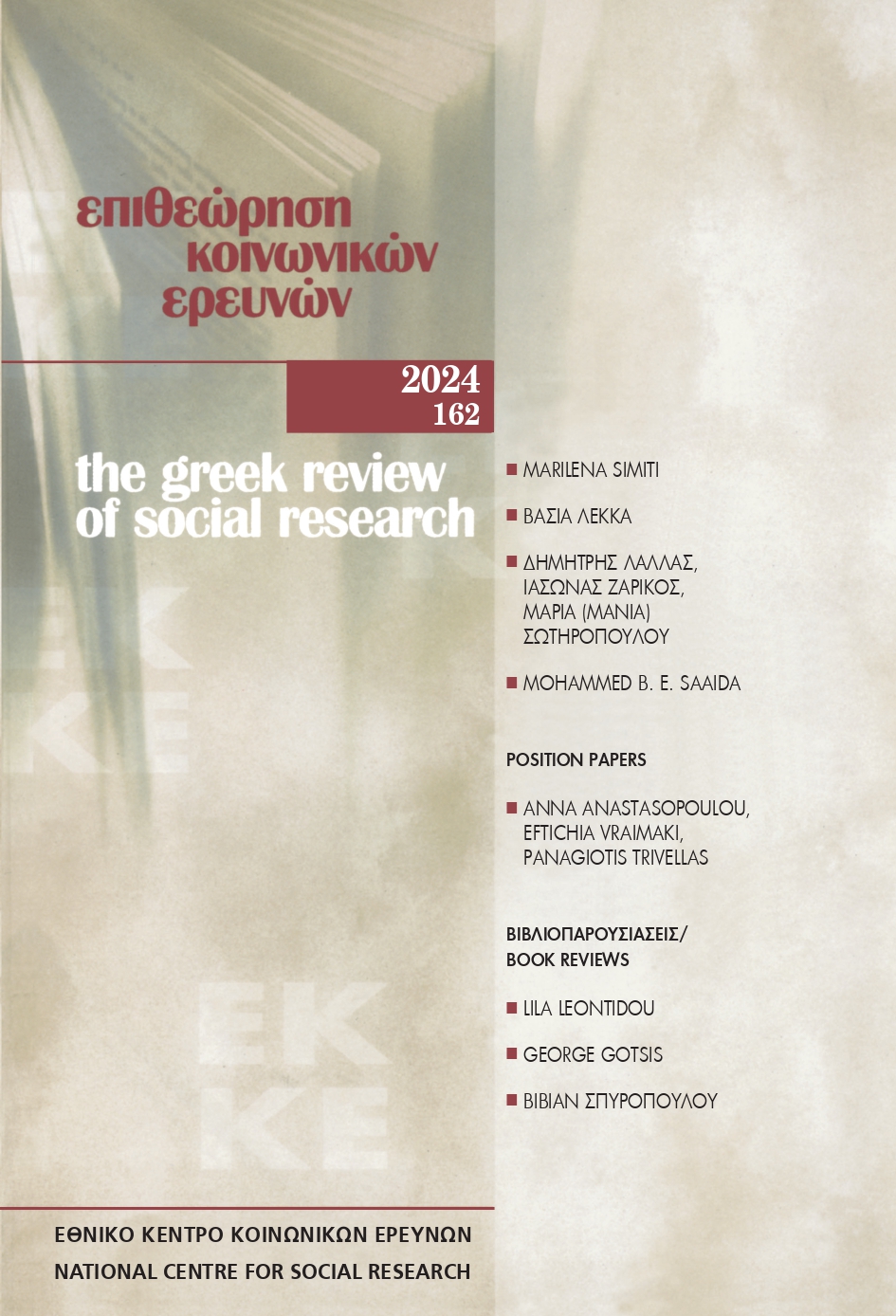«Smart Cities» of the debt crisis: grassroots creativity in Mediterranean Europe

Abstract
This paper challenges mainstream, neoliberal conceptualizations of the «Smart City» and the Incubator Hypothesis, by inserting grassroots creativity and solidarity into their logic. It is argued that the debt crisis in Southern Europe paves the way for a grassroots version of the Smart City, a city with hybrid public and common spaces, where the virtual and the material mingle, where grassroots creativity combines technology and knowledge, as it is largely based on massive ICT use and a highly educated young population. Typologies are constructed for several types of diverse collectivities, economies and productive initiatives. Top-down strategies of quasi-Orientalist stigmatization and suppression of every mobilization, alternative political discourse, imagination and creativity are sharply criticized as responsible for the crisis itself. Policy-oriented questions are posed and advocacy planning is explored in order to empower grassroots creativity in the context of digital societies.
Article Details
- How to Cite
-
Leontidou, L. (2015). «Smart Cities» of the debt crisis: grassroots creativity in Mediterranean Europe. The Greek Review of Social Research, 144, 69–101. https://doi.org/10.12681/grsr.8626
- Section
- Articles

This work is licensed under a Creative Commons Attribution-NonCommercial 4.0 International License.
Authors who publish with this journal agree to the following terms:
- Authors retain copyright and grant the journal right of first publication with the work simultaneously licensed under a Creative Commons Attribution Non-Commercial License that allows others to share the work with an acknowledgement of the work's authorship and initial publication in this journal.
- Authors are able to enter into separate, additional contractual arrangements for the non-exclusive distribution of the journal's published version of the work (e.g. post it to an institutional repository or publish it in a book), with an acknowledgement of its initial publication in this journal.
- Authors are permitted and encouraged to post their work online (preferably in institutional repositories or on their website) prior to and during the submission process, as it can lead to productive exchanges, as well as earlier and greater citation of published work (See The Effect of Open Access).





